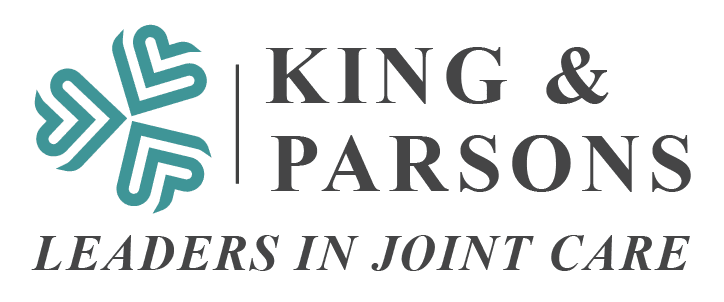Joint replacement surgery can be a transformative procedure for individuals suffering from severe joint pain and mobility issues. However, successful outcomes don’t just depend on the surgery itself; they also rely heavily on thorough pre-operative assessments. These assessments are crucial in ensuring that patients are fully prepared for surgery, minimizing risks, and optimizing recovery. Here’s why pre-operative assessments are essential in joint replacement surgery.
Comprehensive Medical Evaluation
A comprehensive medical evaluation is the cornerstone of pre-operative assessments. This evaluation helps identify any underlying medical conditions that could affect the surgery or recovery process. Key components include:
Medical History Review: Understanding the patient’s medical history, including previous surgeries, chronic conditions, and medications, helps in creating a tailored surgical plan.
Physical Examination: A thorough physical exam assesses the overall health of the patient and identifies any issues that need addressing before surgery.
Laboratory Tests: Blood tests, urine tests, and other laboratory tests provide critical information about the patient’s health, such as kidney function, blood count, and glucose levels.
Cardiovascular Assessment
Joint replacement surgery is a major procedure that can put significant strain on the heart and circulatory system. A cardiovascular assessment ensures that the patient’s heart is healthy enough to withstand the surgery. This assessment typically includes:
Electrocardiogram (EKG): An EKG monitors the heart’s electrical activity to detect any abnormalities.
Stress Tests: These tests evaluate how well the heart performs under physical stress, providing insights into potential risks during surgery.
Echocardiogram: An echocardiogram uses ultrasound to create images of the heart, helping detect structural issues or other abnormalities.
Respiratory Evaluation
Assessing respiratory function is essential, especially for patients with existing lung conditions or a history of smoking. A respiratory evaluation may include:
Pulmonary Function Tests: These tests measure how well the lungs are working and can identify conditions such as asthma or chronic obstructive pulmonary disease (COPD).
Chest X-Ray: A chest X-ray can reveal lung conditions that might complicate anesthesia or the recovery process.
Nutritional and Lifestyle Assessment
Optimal nutrition and a healthy lifestyle play a significant role in recovery from joint replacement surgery. A nutritional and lifestyle assessment focuses on:
Nutritional Status: Ensuring the patient has a balanced diet rich in essential nutrients can promote healing and reduce the risk of complications.
Weight Management: Obesity can increase the risk of surgical complications and impact recovery. Weight management strategies may be recommended.
Smoking and Alcohol Use: Smoking and excessive alcohol use can negatively affect surgery outcomes. Patients may be advised to quit smoking and reduce alcohol intake before surgery.
Psychological Assessment
Mental and emotional health is an important factor in surgical outcomes and recovery. A psychological assessment can help identify patients who may need additional support:
Mental Health Evaluation: Assessing for conditions such as depression or anxiety can ensure that patients receive appropriate mental health support.
Expectations and Goals: Understanding a patient’s expectations and goals for surgery can help align them with realistic outcomes and improve overall satisfaction.
Pre-Surgical Planning and Education
Pre-operative assessments also include detailed planning and education to prepare patients for surgery and recovery:
Pre-Surgical Instructions: Patients receive instructions on fasting, medications, and other pre-surgical requirements.
Rehabilitation Planning: Early planning for post-surgical rehabilitation can streamline the recovery process and improve outcomes.
Patient Education: Educating patients about the surgery, potential risks, and the recovery process empowers them to take an active role in their own recovery.
Pre-operative assessments are a critical component of joint replacement surgery, providing a comprehensive understanding of a patient’s health and ensuring they are fully prepared for the procedure. These assessments help identify and mitigate risks, optimize surgical outcomes, and pave the way for a smoother recovery. By thoroughly evaluating medical, cardiovascular, respiratory, nutritional, and psychological factors, healthcare providers can create a personalized surgical plan that addresses each patient’s unique needs. If you’re considering joint replacement surgery, discuss the importance of pre-operative assessments with your healthcare provider to ensure the best possible outcomes.
Check out our YouTube Channel!
Learn why we are setting the standard in Joint Replacement here.















